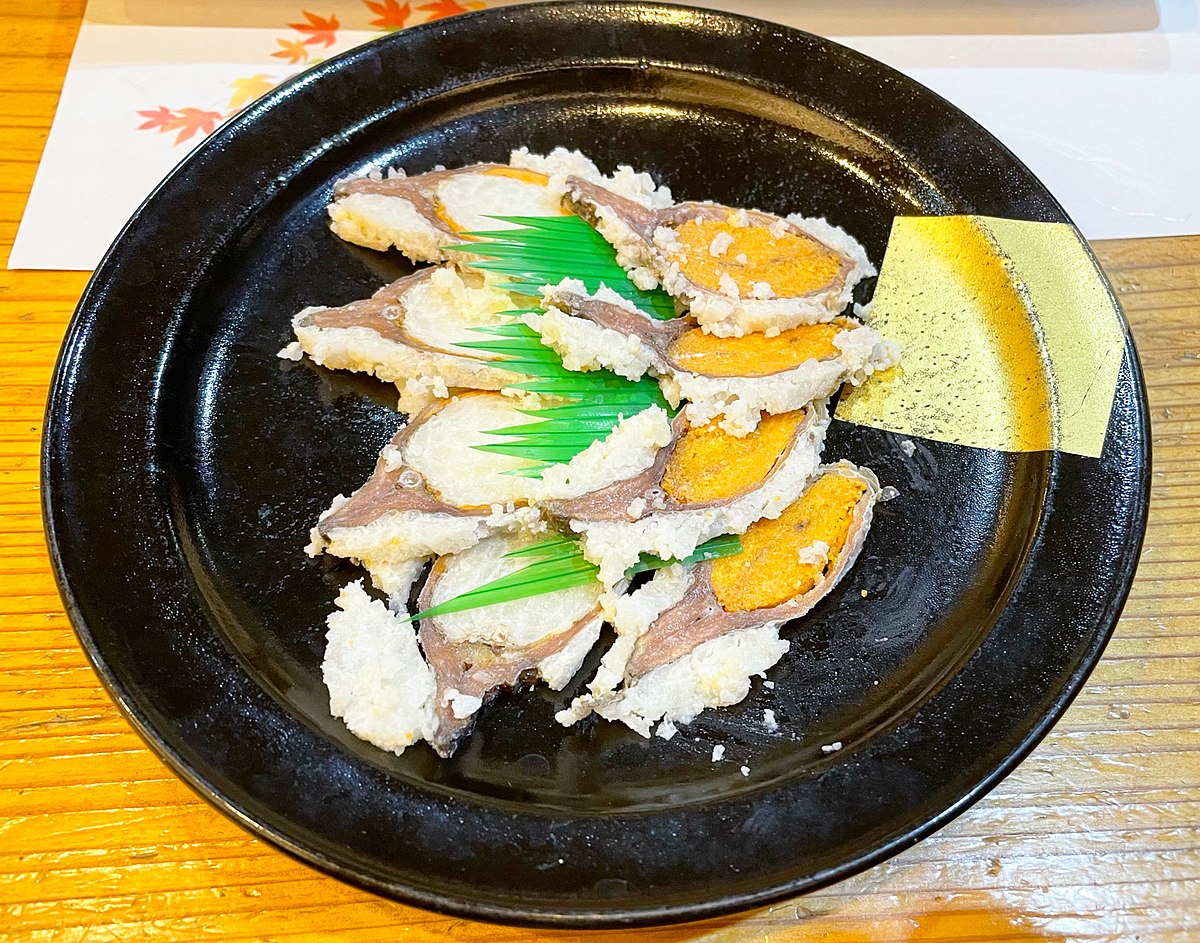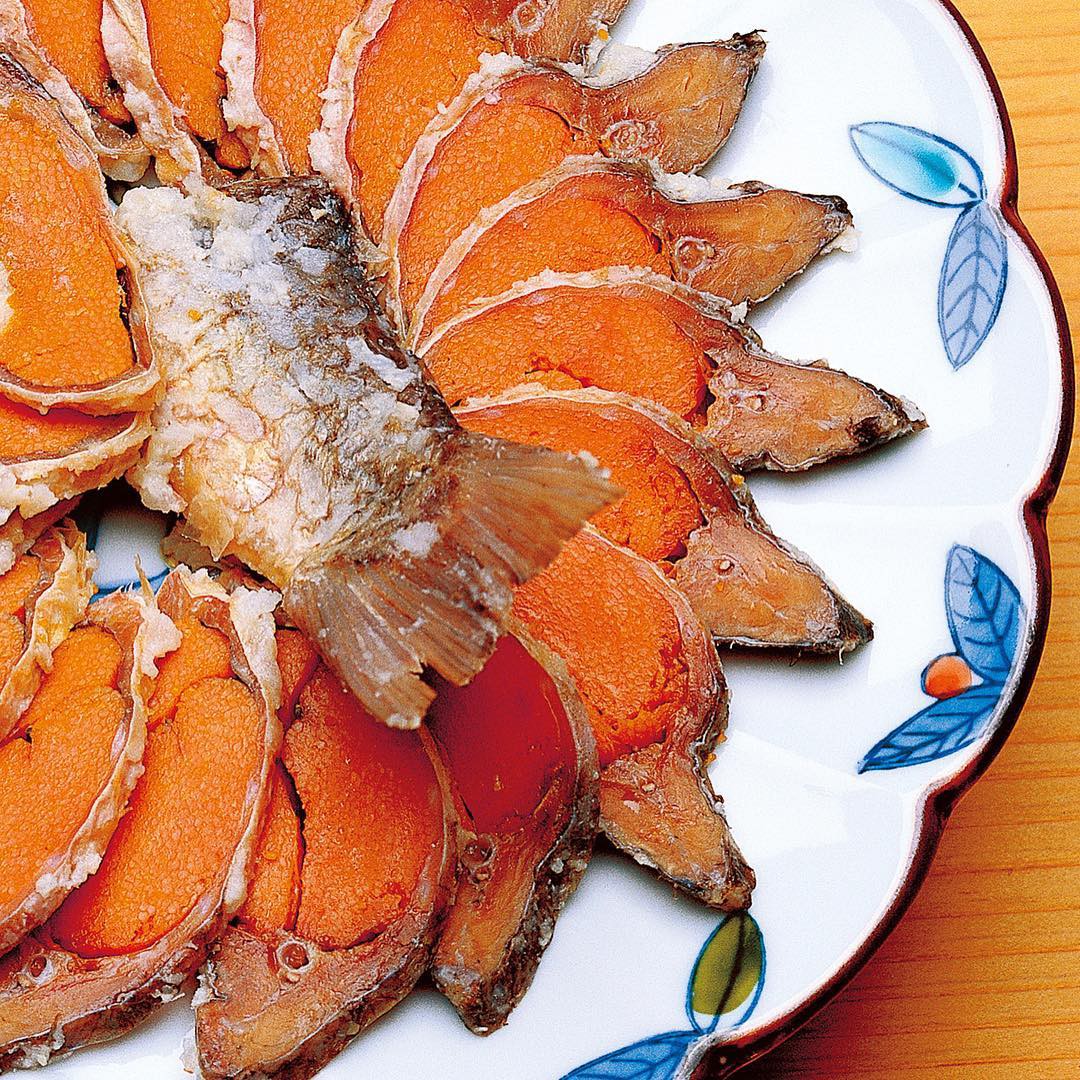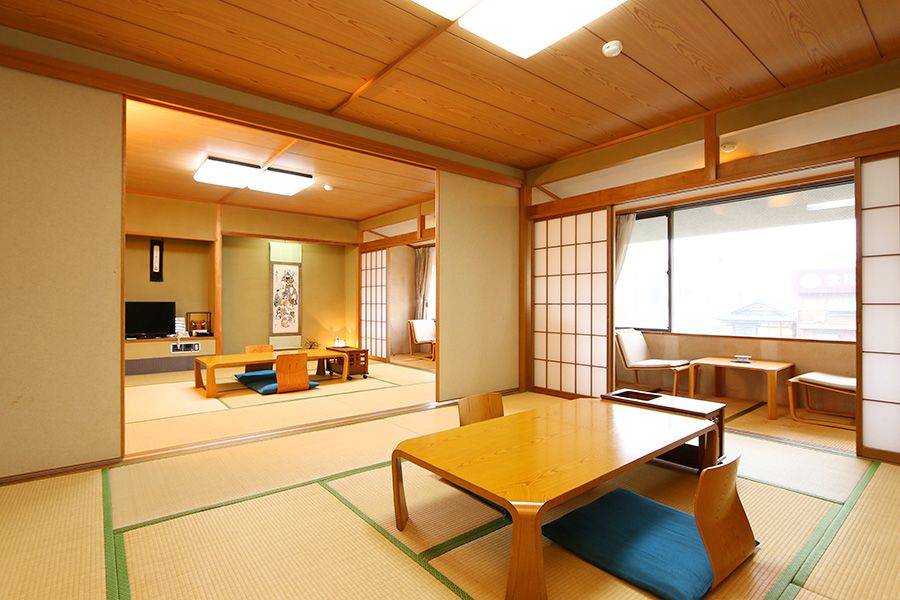Review Funazushi: Japan’s Oldest Sushi Tradition
The Origins of Funazushi – The Beginning of Japan’s Sushi Heritage
Tracing Its Roots Back to Lake Biwa
The story of Funazushi begins more than a thousand years ago near Lake Biwa, Japan’s largest freshwater lake. In ancient times, local fishermen discovered a method to preserve fish through fermentation — a necessity in the humid climate before refrigeration. The native nigorobuna carp was cleaned, salted, and layered with cooked rice inside wooden barrels to ferment for months, sometimes years. The result was a dish with complex flavors and incredible longevity — the foundation of what we now know as sushi.

A Culinary Innovation Born of Necessity
Funazushi represents a perfect harmony between ingenuity and survival. By using fermentation to preserve the bounty of Lake Biwa, early Japanese communities created a delicacy that balanced nutrition, preservation, and taste. This process evolved over generations, becoming not only a food source but a cultural ritual. According to Yoshida Hotel, Funazushi is more than sustenance — it’s a philosophy of patience and reverence for natural transformation.
The Art of Crafting Funazushi – Tradition in Every Grain
A Meticulous Process of Fermentation
Crafting Funazushi requires both artistry and precision. The fish is salted to remove moisture, then nestled into layers of rice that encourage fermentation. Over months, beneficial lactic acid bacteria develop, breaking down proteins and creating a symphony of sour, savory, and umami-rich notes. The barrels are carefully monitored — temperature, humidity, and time must align perfectly for the magic to occur.

Generations of Skill and Dedication
For families in Shiga, Funazushi-making is an heirloom skill. Recipes and techniques are passed down like sacred traditions. Each producer has unique methods — from the grain of rice chosen to the duration of fermentation. The Yoshida Hotel culinary experts note that every bite of Funazushi carries the legacy of centuries of craftsmanship and a deep respect for the natural rhythm of life.
The Flavor of Funazushi – A Taste That Defies Time
Complex and Captivating Notes
Describing Funazushi is an experience in itself. Its initial tang gives way to subtle sweetness and deep umami undertones. The aroma — often likened to mature cheese or aged sake — can surprise first-time eaters, yet behind its boldness lies harmony and sophistication. For those who appreciate depth and authenticity, Funazushi delivers a flavor that lingers in both memory and spirit.

The Perfect Pairings
Funazushi finds its ideal companion in aged sake or local brews from Shiga. The dryness of sake contrasts beautifully with the dish’s rich acidity, creating a balance that delights the palate. Traditional pairings also include steamed rice, pickled vegetables, or even green tea — simple accompaniments that let the star of the meal shine. Yoshida Hotel recommends savoring it slowly, appreciating every evolving note as it unfolds.
The Cultural Essence of Funazushi – Beyond Taste and Tradition
Symbolism in Every Slice
More than a culinary curiosity, Funazushi is a living embodiment of Japanese values — respect for nature, patience, and gratitude. The long fermentation symbolizes the passage of time and the transformation of raw materials into art. During regional festivals in Shiga, Funazushi is offered to ancestors as a symbol of continuity and reverence, connecting generations through shared heritage.

A Link Between Past and Present
Funazushi represents Japan’s enduring ability to honor the old while embracing the new. As Yoshida Hotel observes, this dish continues to inspire contemporary chefs who reinterpret it through modern lenses, maintaining its soul while adapting to changing palates. Its story mirrors Japan’s culinary journey — rooted in history yet ever-evolving.
The Spirit of Shiga – Where Funazushi Was Born
The Heart of Lake Biwa
Shiga Prefecture proudly claims Funazushi as its culinary icon. The pristine waters of Lake Biwa provide the ideal environment for the nigorobuna carp, the only fish suitable for authentic Funazushi. Local artisans uphold strict traditions, aging their creations for up to a year or more, each barrel telling a tale of commitment and craftsmanship. Visitors to the region can witness this artistry firsthand in small family-run workshops.

From Local Specialty to Global Recognition
What was once a humble regional delicacy has now captured global attention. Food enthusiasts and chefs from around the world visit Shiga to experience authentic Funazushi, studying its fermentation secrets and exploring its deep umami. Yoshida Hotel has seen this dish become a bridge between cultures — a shared appreciation for time-honored techniques and sustainable gastronomy.
The Science Behind Funazushi – Nature’s Alchemy at Work
The Role of Microbes in Flavor Creation
At the heart of Funazushi lies a microscopic world of beneficial bacteria. These organisms convert starches into lactic acid, preserving the fish and enriching it with nutrients. The result is not only a unique taste but also health benefits — improved digestion, gut health, and natural antioxidants. The balance of science and intuition defines Funazushi’s artistry, showcasing Japan’s early mastery of natural fermentation.

The Marriage of Tradition and Modern Understanding
Modern researchers now validate what artisans have known for centuries: fermentation transforms food into nourishment for both body and soul. Yoshida Hotel celebrates how this ancient wisdom aligns with today’s scientific knowledge — proving that sustainability and health have always been inherent to Japanese cuisine.
Funazushi in Contemporary Cuisine – Reinvention and Respect
A Renaissance in Modern Dining
In recent years, Funazushi has re-emerged in fine-dining scenes. Chefs creatively pair it with Western ingredients — risotto, cheese, and even wine — celebrating contrasts while maintaining authenticity. Its bold character appeals to adventurous diners seeking meaningful culinary experiences. Through innovation, Funazushi continues to evolve without losing its essence.

Lessons in Sustainability and Mindful Eating
Funazushi exemplifies eco-conscious dining long before the term existed. Its zero-waste preparation, natural preservation, and seasonal ingredients embody sustainability at its purest. Yoshida Hotel highlights that embracing such traditions reminds us to respect food, consume thoughtfully, and cherish every bite — values increasingly vital in the modern world.
The Experience of Funazushi – A Journey Through the Senses
Appreciating the Art of Eating Funazushi
Eating Funazushi is a sensory ritual. The sight of the golden-hued fish against rice, the aroma of fermentation, and the complex layers of taste create an unforgettable dining experience. For first-timers, small bites allow appreciation of its evolving notes — from tartness to subtle sweetness. The true joy lies in mindfulness: eating slowly, connecting with centuries of Japanese culinary history.

Presentation and Hospitality
In Shiga’s traditional inns and local restaurants, Funazushi is often presented on handcrafted ceramic dishes or lacquer trays, emphasizing aesthetic harmony. This meticulous presentation reflects Japan’s philosophy that food nourishes both body and spirit. Yoshida Hotel celebrates this artistry, where simplicity and elegance transform every meal into a moment of contemplation and joy.
Health Benefits of Funazushi – Nutrition Rooted in Tradition
A Probiotic Powerhouse
The fermentation process of Funazushi enriches it with beneficial bacteria that support digestive health and immunity. Locals have long believed that regular consumption contributes to longevity and vitality. Modern science supports these claims, identifying Funazushi as a natural source of amino acids, enzymes, and probiotics essential for well-being.

A Balanced and Wholesome Food
Funazushi is low in additives, rich in protein, and naturally umami — an ideal example of balanced nutrition. It offers a holistic approach to eating: simple, seasonal, and sustainable. Yoshida Hotel underscores that such foods remind us of Japan’s enduring principle — that health and harmony begin at the dining table.
Preserving Funazushi for the Future – Guardians of a Culinary Heritage
Challenges of Modernization
Despite its growing fame, Funazushi faces challenges in preservation. Climate changes, declining fish populations, and the labor-intensive nature of its production threaten its future. However, passionate artisans and cultural advocates are ensuring that this heritage survives through education, tourism, and innovation.

Passing Down the Legacy
Programs across Shiga encourage younger generations to learn the craft of fermentation, combining ancient knowledge with modern sustainability practices. Culinary workshops invite travelers to experience Funazushi-making firsthand. Yoshida Hotel supports these initiatives as vital to preserving Japan’s intangible cultural heritage — a tradition worth safeguarding for centuries to come.
Rediscover the Soul of Japan Through Funazushi with Yoshida Hotel
Funazushi is not merely a dish — it is a living chronicle of Japan’s history, craftsmanship, and spirit. From its humble beginnings by Lake Biwa to its celebrated place in global gastronomy, it embodies patience, respect, and artistry. Together with Yoshida Hotel, rediscover Funazushi as a symbol of Japan’s timeless beauty — a flavor that connects the ancient and the modern, the land and the people, the heart and the table.
Details
Namistay chain hotel
- 61-63 Hoang Ke Viem, Bac My Phu, Ngu Hanh Son, Da Nang, Vietnam
- Hotline: 0905 432 992
- Lot 45 An Thuong 29, Bac My Phu, Ngu Hanh Son, Da Nang, Vietnam
- Hotline: 0977 455 546
- 42 An Thuong 26 Street, Bac My Phu, Ngu Hanh Son, Da Nang, Vietnam
- Hotline: 0965 442 842

